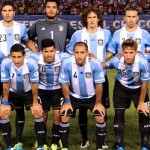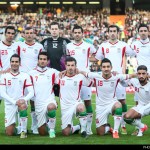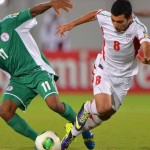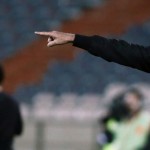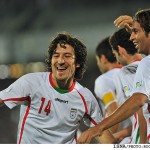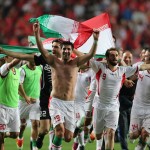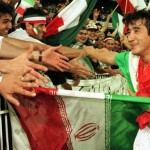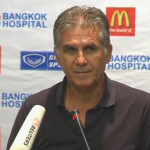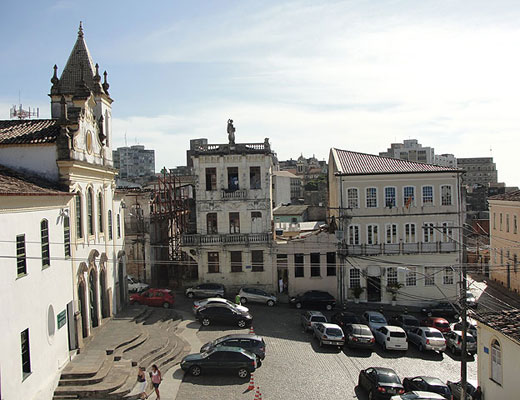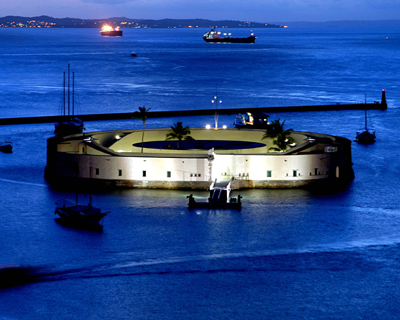Carlos Tevez’s excellent form for Italian champions Juventus this season failed to earn him a recall when head coach Alejandro Sabella named his provisonal 30-man squad for the FIFA World Cup™.
Tevez, capped 64 times, scored 19 goals for Juventus as they retained their Serie A title this term. However, not even that was a strong enough argument for Sabella to call up the 30-year-old for the first time since he took over at the helm of the national side following Argentina’s failure to win the 2011 Copa America.
Tevez, who played a full part in Argentina’s 2010 World Cup finals campaign, had wanted to make up for his last appearance as it ended in him missing a penalty in the shootout loss to eventual champions Uruguay in the Copa quarter-finals.
Sabella, who has until 2 June to decide on his final 23 players, opted to allow star player Lionel Messi to play in the role he plays to high effect at Barcelona — which did not allow for Tevez to be part of his plans.
Argentina, who won the last of their two World Cups in 1986, have been drawn in Group F with Africa Cup of Nations champions Nigeria, debutants Bosnia-Herzegovina and Iran.
Argentina squad
Goalkeepers: Mariano Andujar (Catania/ITA), Sergio Romero (Monaco/FRA), Agustin Orion (Boca Juniors)
Defenders: Lisandro Lopez (Getafe/ESP), Hugo Campagnaro (Inter Milan/ITA), Federico Fernandez (Napoli/ITA), Pablo Zabaleta (Manchester City/ENG), Ezequiel Garay (Benfica/POR), Marcos Rojo (Sporting Lisbon/POR), Jose Basanta (Monterrey/MEX), Nicolas Otamendi (Atletico Mineiro/BRA), Martin Demichelis (Manchester City/ENG), Gabriel Mercado (River Plate)
Midfielders: Javier Mascherano (Barcelona/ESP), Jose Sosa (Atletico Madrid/ESP), Augusto Fernandez (Celta Vigo/ESP), Ricky Alvarez (Inter Milan/ITA), Lucas Biglia (Lazio/ITA), Ever Banega (Newell’s Old Boys), Fernando Gago (Boca Juniors), Maxi Rodriguez (Newell’s Old Boys), Enzo Perez (Benfica/POR), Fabian Rinaudo (Catania/ITA)
Forwards: Lionel Messi (Barcelona/ESP), Angel Di Maria (Real Madrid/ESP), Rodrigo Palacio (Inter Milan/ITA), Gonzalo Higuaín (Napoli/ITA), Sergio Agüero (Manchester City/ENG), Ezequiel Lavezzi (Paris SG/FRA), Franco Di Santo (Werder Bremen/GER)

